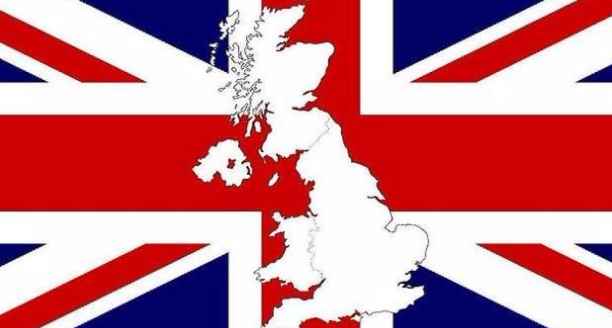

Jamie Rollo – UK hotel, pub and restaurant data shows trading has accelerated post-Brexit
Morgan Stanley analyst Jamie Rollo has revealed data from July and August for the UK hotel, pub and restaurant, and travel industries has shown trading has not only held up post the Brexit vote but even accelerated. He said: “The results are in. Industry data just out for July and August covering hotels, pub/restaurants and package holidays support numerous trading updates from listed and private companies, as well as some of the recent economic data – domestic UK leisure spending has not only been stable since the Brexit referendum, but has actually improved.
UK hotel RevPAR growth has improved since the Brexit vote to 3.7% from -0.1% in the first half. Even if we adjust for calendar effects like the biennial Farnborough Air Show, July/August trading was still up 3%. The improvement has been most notable in London, which showed an underlying RevPAR improvement of circa 400 basis points to +0.8%, with a circa 200 basis points improvement in the regions to 4.5%. This is likely driven by more ‘staycations’ (weaker pound and terrorism has reduced demand for some overseas holiday destinations) as well as more inbound tourism. Note that this leisure boost becomes less relevant as we move away from the summer (with the Rugby World Cup meaning tough comparables), so corporate spending over the autumn will be the real litmus test. Pub and restaurant trading has remained in-line with previous trends, with like-for-like sales growth of circa 0.5% over July/August for the largest 33 UK pub and restaurant operators. This is in-line with the 0.4% growth rate in the first half.
While the lack of improvement is perhaps disappointing given stronger domestic spending elsewhere, it is a better result than the continued slowdown the sector has been experiencing all year.
Solid travel demand
There were 18% more foreign visitors and 11% more British tourists this July, compared with the same month last year, according to Tourism Alliance. Although outbound travel should be a casualty of currency depreciation, data suggests that July package holiday bookings were up 1% for travel this summer and 14% for the winter season, with a solid if unspectacular ‘late market’ in the UK. What does it mean for the stocks: upside to forecasts to Whitbread, Mitchells & Butlers, Merlin, TUI Group.
The data so far are positive for the sector’s UK-exposed names. If the hotel trends hold, this could be a 1% revpar benefit to our (overweight-rated) Whitbread revpar assumptions (currently -0.5% for the FY17), and while the corporate-oriented months are more important, suddenly forecast risk seems to be on the upside not the downside. For pubs, data show strong growth in wider eating out market, but structural challenges in the pub industry limit the sub-sector’s upside, though (overweight-rated) Mitchells & Butlers’ sell-off looks extreme (-7% versus JD Wetherspoon +18% since 23 June). Increased inbound tourism should be beneficial for (overweight-rated) Merlin, for whom London is an estimated one-fifth of profit. A solid UK ‘lates market’ suggests both Thomas Cook and overweight-rated TUI are on track to meet their FY guidance, and we note tour operators tend to perform better in calendar quarter three. But risks remain. Leisure is skewed towards mid-cap companies with a high domestic UK consumer discretionary exposure. While preliminary indicators are positive, a decline in consumer or corporate confidence once actual Brexit negotiations commence would have a negative impact on stocks that could outweigh any short-term post-vote boom.
There are also practical implications, for example hotel/restaurant companies are reliant on overseas workers, and tour operators need open skies with visa-free travel with consumer rights protection. Since the Brexit vote, the travel and leisure sector market cap has risen 1%, with a range of +20% to -16%. Our bear case recession report suggests 20% weighted average downside to sector earnings per share in the event of an ‘unruly’ Brexit.”
Article source: PropelInfo http://www.propelhospitality.com/#1473150260924-17997a05-379e
Twitter: @PaulCharity1

